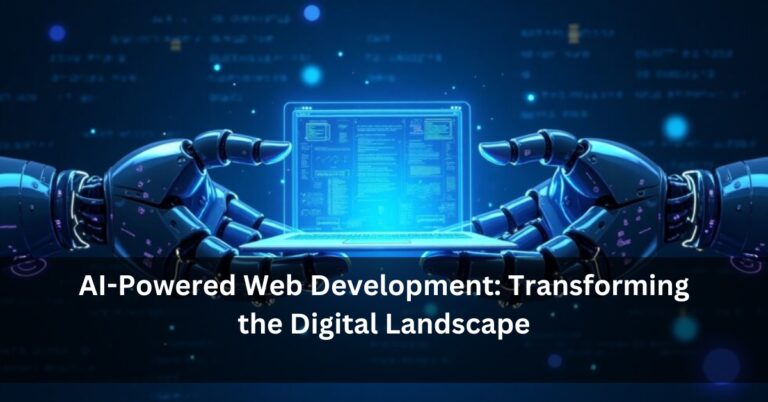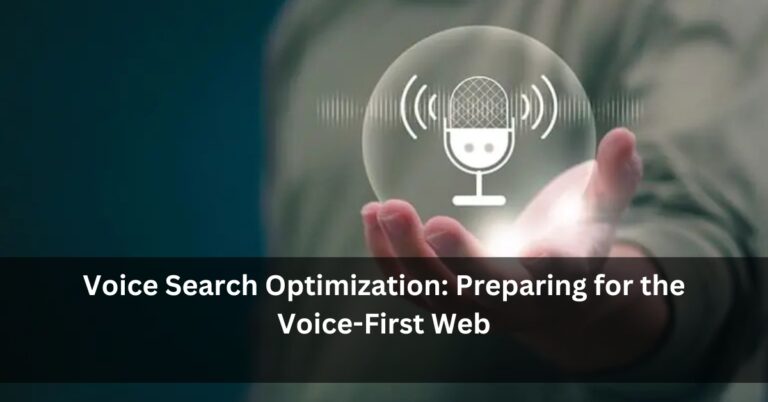API-First Development: Building Scalable Web Applications in 2025
In today’s fast-growing digital world, building web applications that are flexible, scalable, and easy to maintain is essential. At FutureAI, we believe that understanding modern development approaches like API-First Development can help Indian businesses and developers create better products faster.
This article will guide you through what API-First Development means, why it is important, and how you can use it to build scalable web applications. Whether you are a startup founder, developer, or a technology enthusiast, this information from FutureAI will help you make informed decisions about your next project.
What is API-First Development?
API, or Application Programming Interface, is a set of rules that allows different software parts to communicate. Traditionally, web apps were built by creating the user interface first and then connecting it to backend services via APIs. However, in API-First Development, the API is designed and built first, serving as the foundation for the entire application.
This means that teams working on the frontend, backend, and even third-party services rely on a well-defined API from the start. This approach is becoming popular because it improves the organization, speed, and flexibility of web app development.
Why is API-First Development Important?
At FutureAI, we highlight several reasons why adopting API-First Development is beneficial:
Faster and More Efficient Development
Designing the API first allows frontend and backend teams to work independently yet in sync. This parallel development reduces delays and accelerates project completion.
Improved Collaboration and Clear Communication
API-First Development encourages comprehensive documentation and clear agreements on how components interact. This reduces misunderstandings and rework during development.
Easier Integration with Other Systems
India’s digital ecosystem includes many platforms like UPI, Aadhaar, and government services. A well-built API simplifies integration with these systems, expanding your app’s functionality.
Scalability and Flexibility
By centering your app around APIs, you can easily add or update features without affecting other parts of the application, making it easier to scale as user numbers grow.
API-First Development in India’s Digital Landscape
India is witnessing rapid digital growth, fueled by mobile internet access and government initiatives such as Digital India. Businesses across sectors—e-commerce, fintech, education, healthcare—are leveraging APIs to build robust digital services.
For example, fintech startups use APIs to connect with banking services and payment gateways, enabling seamless transactions. With API-First Development, apps can efficiently serve millions of users while adapting quickly to market changes.
How to Implement API-First Development?
Here’s a step-by-step approach recommended by FutureAI:
- Understand Your Needs: Clearly outline what your app must do and who will use it.
- Design the API: Use tools like Swagger or Postman to define endpoints, data formats, and security.
- Develop the Backend: Build the server-side logic to handle API requests.
- Create the Frontend: Develop the user interface that consumes the API.
- Test Thoroughly: Validate that all components work together smoothly.
Common Challenges and How to Overcome Them
While API-First offers many benefits, some challenges include designing an effective API and maintaining documentation. Strong project management and collaboration, supported by tools and best practices, can help navigate these issues.
Final Thoughts
API-First Development represents a forward-looking way to build web applications, particularly relevant for India’s expanding digital economy. It provides a scalable, maintainable foundation for your projects, preparing them for future growth and integration needs.
To explore more about web development trends and practical guidance, visit FutureAI regularly. Empower your development journey with insights and resources from FutureAI — your trusted partner in technology.







